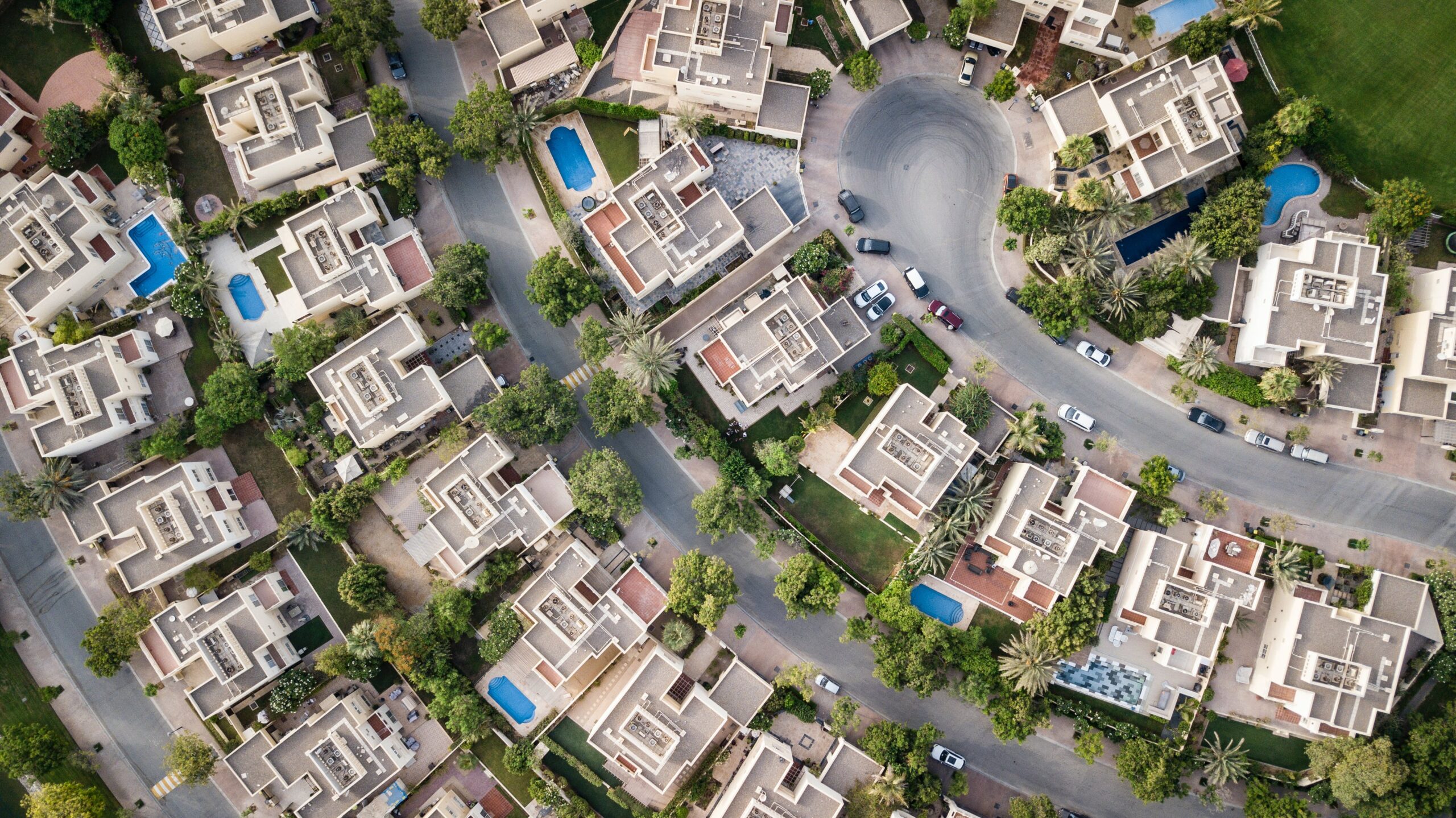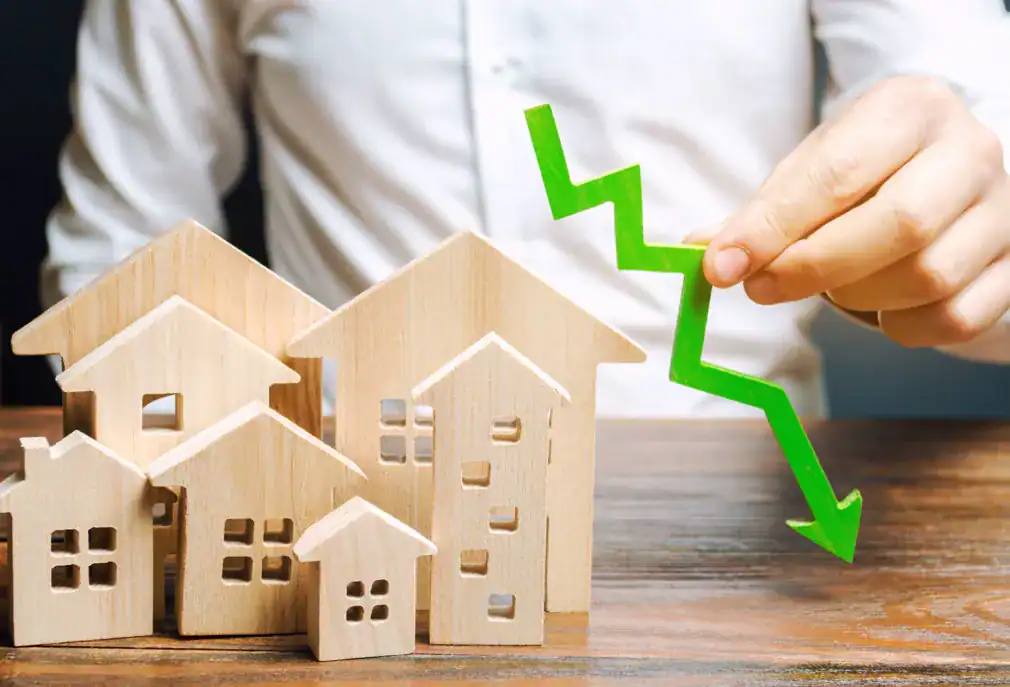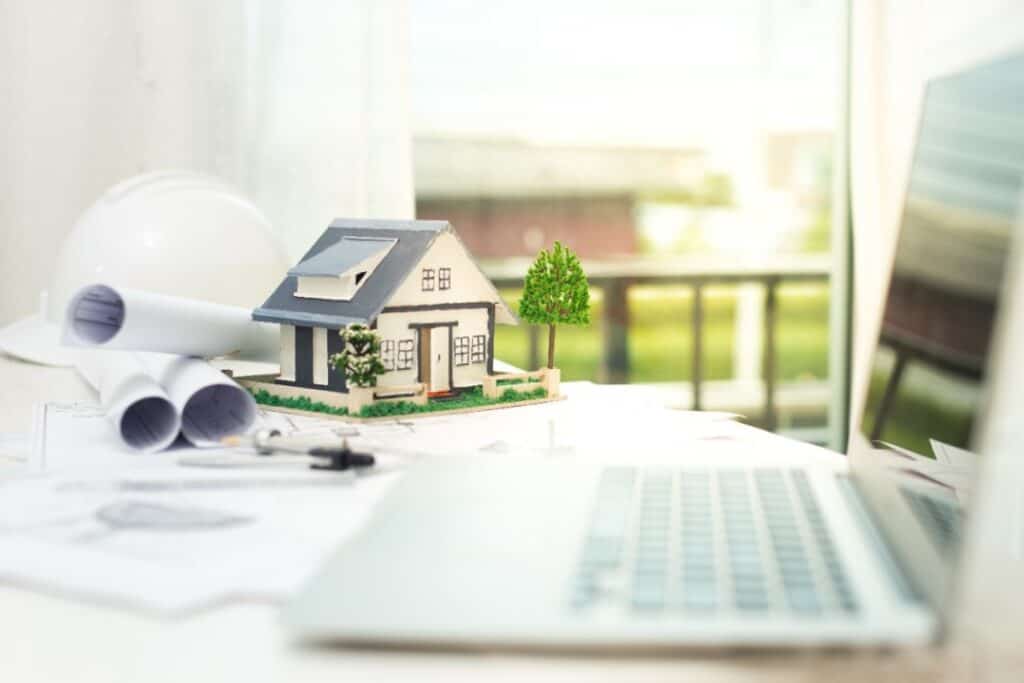In the contemporary real estate landscape, the demand for sustainable and environmentally friendly homes has reached unprecedented heights. As society becomes more conscious of the ecological challenges facing our planet, both homebuyers and sellers are keenly aware of the benefits associated with green living. This burgeoning interest has given rise to green home certification services, which not only enhance a property’s market appeal but also contribute to a healthier planet. These services are pivotal in affirming a property’s commitment to sustainability while simultaneously boosting its desirability and market value.
Understanding Green Home Certification
Green home certification is a formal recognition that a property meets specific standards of sustainable design, construction, and operation. These certifications encompass a variety of aspects, including energy efficiency, water conservation, indoor air quality, and the use of sustainable materials. The certification process typically involves an evaluation by a qualified assessor who verifies adherence to established environmental standards.
Several organizations offer green certifications, with notable programs including LEED (Leadership in Energy and Environmental Design), ENERGY STAR, and BREEAM (Building Research Establishment Environmental Assessment Method). Each program has its own set of criteria and benefits, allowing homeowners and builders to choose the certification that best aligns with their sustainability goals.
The Growing Demand for Sustainable Living
The drive towards sustainable living is influenced by several factors, ranging from an increased awareness of climate change to economic incentives. Many homebuyers now prioritize energy efficiency in their purchasing decisions, recognizing the long-term cost savings associated with reduced energy consumption. Green home certifications offer tangible proof of a property’s environmental performance, aligning with these buyer priorities.
Moreover, government incentives and subsidies for green buildings contribute to the growing popularity of certified homes. These financial benefits not only offset the costs involved in sustainable construction but also enhance the return on investment for homeowners and developers alike.
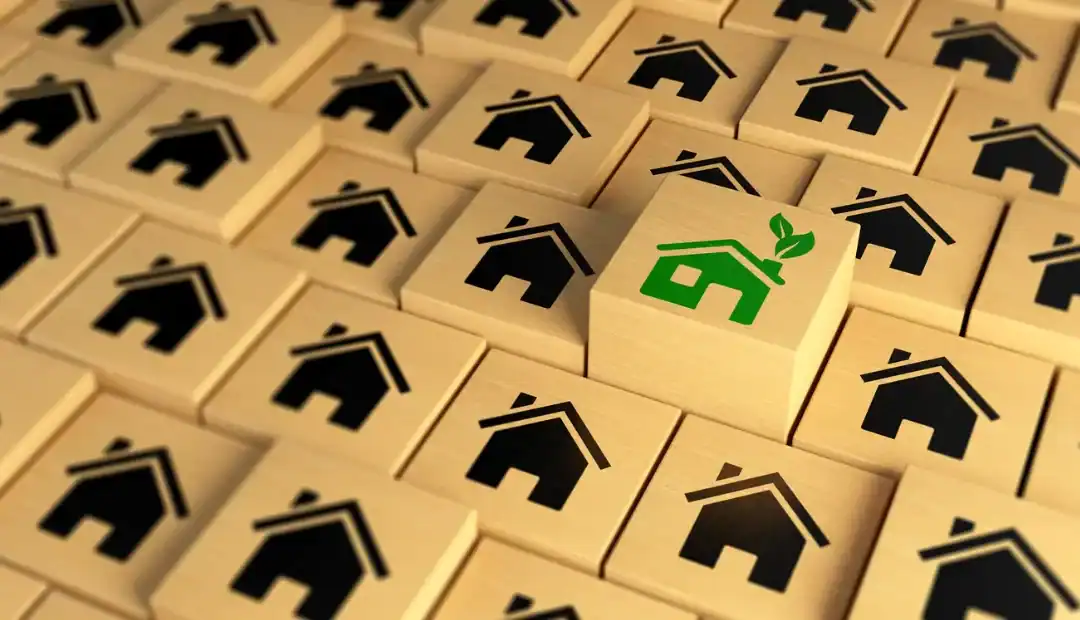
Benefits of Green Home Certification for Homeowners
For homeowners, obtaining a green home certification provides multiple advantages beyond financial savings. Certified homes often feature improved indoor air quality and enhanced thermal comfort, leading to healthier living environments. The use of non-toxic materials and enhanced ventilation systems ensures that occupants breathe cleaner air, free from harmful chemicals and pollutants.
Furthermore, green certifications can significantly increase a property’s resale value. Studies consistently show that certified homes sell faster and at higher prices compared to their non-certified counterparts. This increase in marketability is driven by growing consumer preferences for sustainable living and the assurance that comes with verified environmental performance.
The certification process also encourages homeowners to engage in responsible resource management. By promoting efficient water usage, reduced waste, and energy conservation, green certifications cultivate an ethos of sustainability within communities.
How Green Certifications Benefit the Environment
Beyond individual gains, green home certifications have profound environmental benefits. By reducing carbon emissions, certified homes contribute to the global effort to mitigate climate change. Energy-efficient structures require less fossil fuel consumption, significantly lowering greenhouse gas emissions.
Additionally, water conservation measures, such as low-flow fixtures and rainwater harvesting systems, reduce the strain on local water resources. These measures ensure sustainable water management, particularly important in regions prone to drought or limited water availability.
The emphasis on sustainable building materials further conserves natural resources. By choosing renewable, recycled, or locally sourced materials, certified homes reduce the demand for virgin resources and minimize ecological degradation.
The Certification Process
The journey towards obtaining a green home certification begins with selecting the appropriate program that aligns with the homeowner’s sustainability objectives. Engaging a qualified assessor or consultant who specializes in green certifications is essential. These experts guide homeowners through the requirements and help implement necessary improvements.
The assessment process involves a comprehensive review of the home’s energy systems, building materials, water management, and overall environmental performance. The assessor evaluates the property against established criteria, offering recommendations for enhancements where needed.
Once the property meets the certification standards, it receives official recognition, which homeowners can use in marketing and promotional efforts. Certification not only offers peace of mind but also serves as a powerful tool in demonstrating a commitment to environmental stewardship.
Challenges and Considerations
While the benefits of green home certification are substantial, the process is not without its challenges. Homeowners may face initial upfront costs associated with implementing sustainable improvements. However, these costs are frequently offset by the long-term savings achieved through reduced utility bills and increased property value.
Homeowners must also carefully navigate the various certification programs available. Each program has its unique attributes and focuses, requiring homeowners to conduct thorough research to determine the best fit for their property.
Moreover, the evolving nature of sustainability standards requires ongoing education and awareness. Homeowners and builders must stay informed about advancements in green technologies and changes in certification criteria to maintain their competitive edge in the market.
The Role of Real Estate Professionals
Real estate professionals play a vital role in promoting green home certifications. By becoming knowledgeable about the various certification programs and their benefits, agents can effectively communicate the added value these certifications bring to potential buyers and sellers.
Agents can also partner with certified assessors to provide clients with access to expert resources, thereby facilitating a smooth certification process. Additionally, by highlighting certified properties and their environmental attributes, agents enhance their reputation as forward-thinking, environmentally conscious professionals.
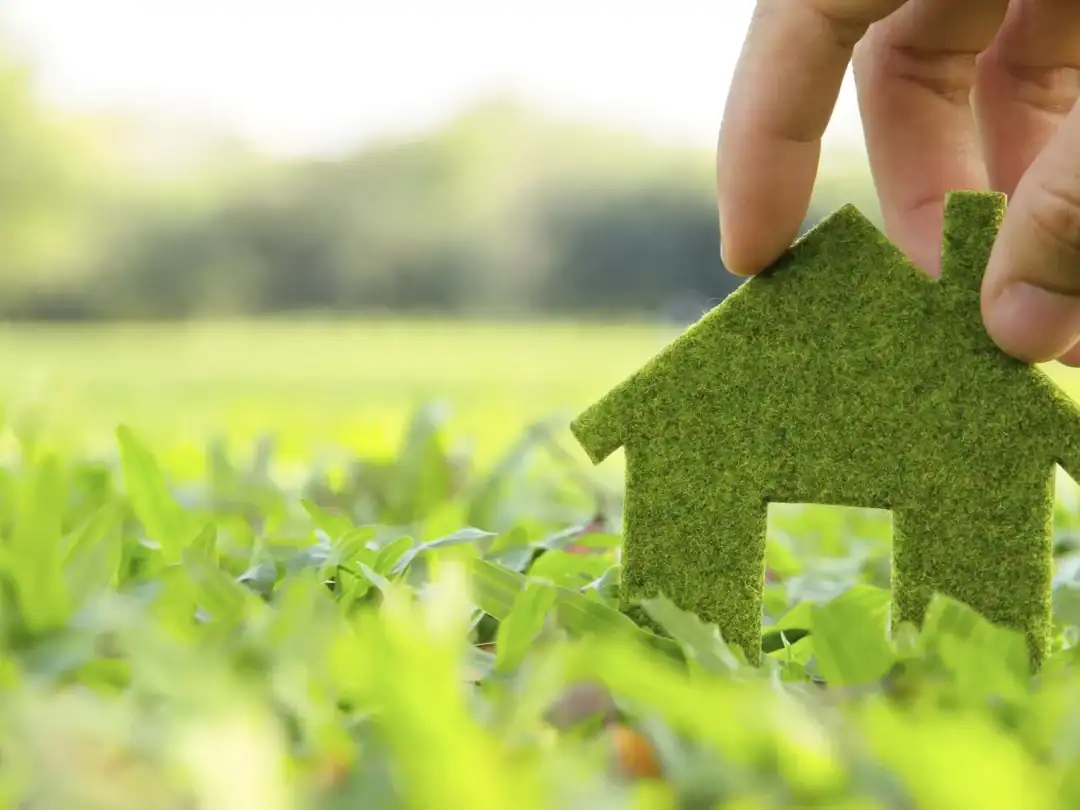
Looking Towards the Future
As the green building movement continues to evolve, the demand for certified properties is expected to grow. Advancements in technology and construction practices will likely expand the scope and accessibility of green certifications, making them an integral part of mainstream real estate.
For homeowners and real estate professionals alike, embracing green home certification is an investment in the future. By aligning with sustainable practices, they not only contribute to a healthier planet but also gain a competitive advantage in a rapidly changing market.
Embracing a Sustainable Future
Green home certification services represent a transformative opportunity in the real estate industry. By certifying properties as sustainable, homeowners enhance their market appeal, increase property value, and contribute to a more sustainable future. Real estate professionals, in turn, can leverage these certifications to meet the growing demand for eco-friendly homes and establish themselves as leaders in sustainable real estate.
In a world where ecological responsibility is paramount, green home certification is more than a trend—it is an essential step towards a sustainable and prosperous future for all. By embracing this movement, the real estate industry can play a pivotal role in shaping a more sustainable world, one certified home at a time.
Frequently Asked Questions about Green Home Certification Services
-
What is green home certification?
Green home certification is an official recognition that a property meets specific environmental standards in areas like energy efficiency, water conservation, and sustainable materials. -
Why should homeowners consider green home certification?
Certification increases property value, attracts eco-conscious buyers, and promotes long-term savings on utilities while contributing to a healthier living environment. -
How does a home qualify for certification?
A home must be assessed by a qualified professional who evaluates its adherence to established sustainability criteria, such as energy systems, building materials, and water management. -
What are some popular green certification programs?
Notable programs include LEED (Leadership in Energy and Environmental Design), ENERGY STAR, and BREEAM. Each offers unique criteria and benefits. -
Does green home certification affect resale value?
Yes, certified homes often sell faster and at higher prices, as more buyers prioritize sustainability and verified environmental performance. -
What are the environmental benefits of certification?
Certified homes reduce carbon emissions, conserve water, and utilize sustainable materials, contributing to broader ecological efforts and resource preservation. -
Are there any challenges in obtaining certification?
Homeowners may face upfront costs and need to choose the appropriate program. Staying informed about evolving sustainability standards is also crucial. -
How can real estate professionals promote certified homes?
Agents can educate clients on certification benefits, partner with assessors, and highlight a property’s sustainable features to attract eco-conscious buyers.





